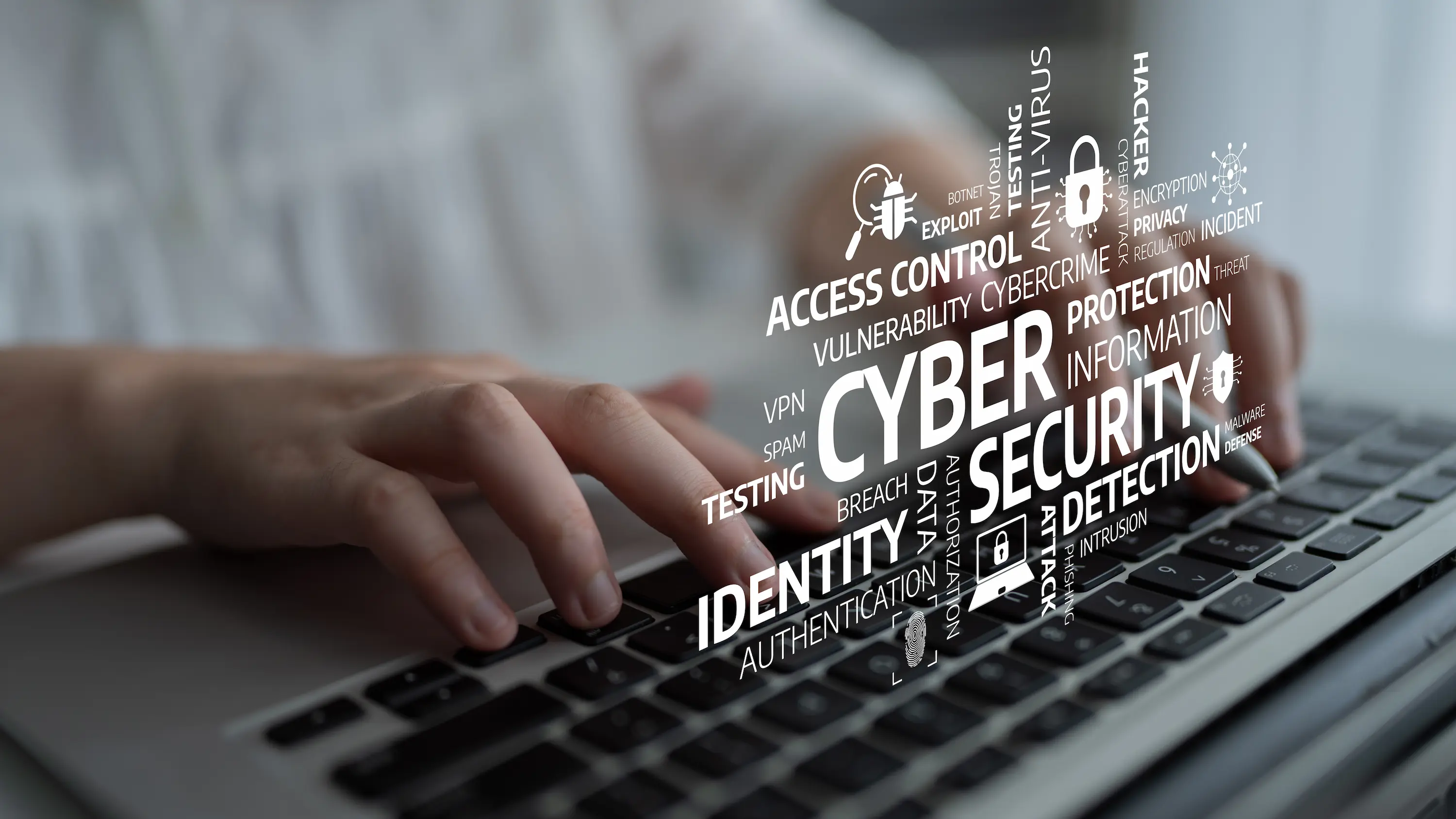Hybrid & Flexible Learning in Higher Education: Meeting Student Needs in 2025–26
As student expectations evolve and life commitments become more complex, hybrid learning and flexible blended teaching models are reshaping higher education.
We attend multiple conferences and exhibitions across the world each year to share innovations, learn new challenges, and engage with education partners to build a community.
When we’re not, were often hosting SUMMIT events to share best practices, or hosting webinars to showcase insights and inspiration.

Discover thought-leadership insights, peer-to-peer discussion, and be the first to hear about new features and AppsAnywhere development through our regular education-focused conference sessions and webinars.
Our SUMMIT events bring together institutions from across 22 countries to drive innovation through collaboration. For best practices, find out more about our global event showcase.

Read the latest achievements from our partner institutions across the globe.


“Working with AppsAnywhere is a long term commitment for us. We have gotten so much support and so much value out of the experts at AppsAnywhere that they are really partners with us for deploying our IT services.”


“Our students love it. We look at the statistics and they’re using it all over the place. They do like being able to use it from the dorm room. None of them have ever said, hey, we want to go back to a lab environment! That's the one thing we have never heard.”


“AppsAnywhere quickly rose to the top of products that did really exactly what we wanted, in terms of providing a modern state-of-the-art software portal. It tied really nicely into our existing VDI environment.”


“When AppsAnywhere came along, it was the bread and butter we were looking for. We spoke to our CIO and there was an appetite for it, so we jumped on the phone and said, hey, let's get this going!”


“Students just want their tech to work. They don’t want to have to think about how they’re getting their software, they just want it. AppsAnywhere allowed us to give our students access to technology that works”
Dive into thought leadership insight, updates, and the latest software delivery news.

Register your interest for a demo and see how AppsAnywhere can help your institution. Receive a free consultation of your existing education software strategy and technologies, an overview of AppsAnywhere's main features and how they benefit students, faculty and IT, and get insight into the AppsAnywhere journey and post launch partnership support.
This section is only visible in the Webflow Designer and Editor (NOT on live site). Use it to design the thumbnail as it will appear if pulled into a related reading component. Make sure you update the links on the thumbnail to point to the current page.

If you want to see AppsAnywhere and the best application virtualization technology for universities and colleges then meet us at an upcoming event.
.webp)
.webp)
